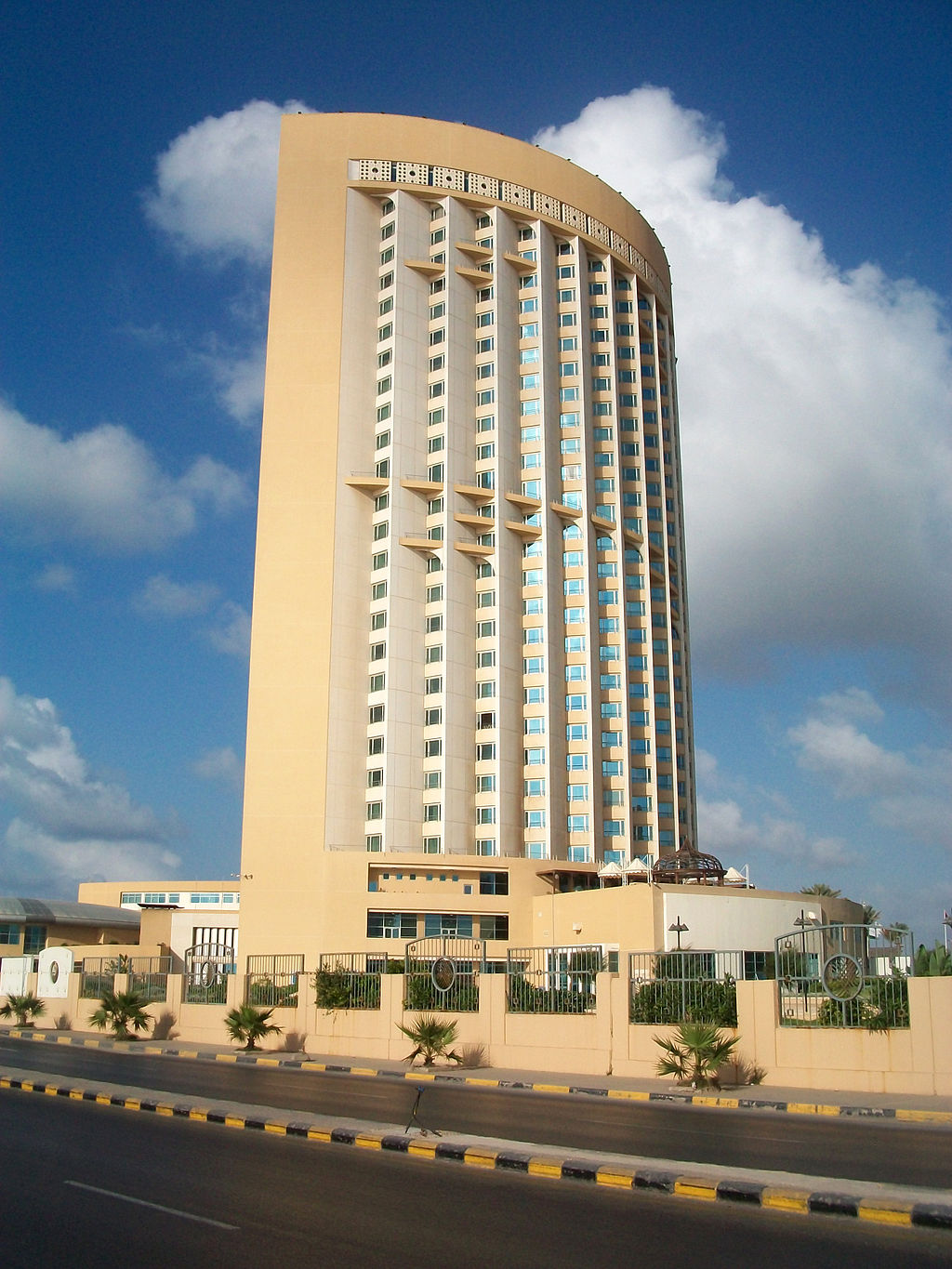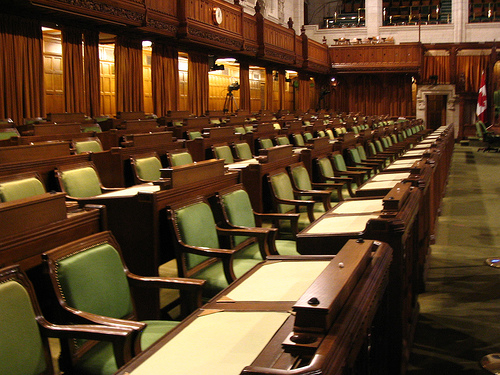Five masked gunmen attacked the luxury hotel, Corintha, on the Mediterranean in Tripoli, Libya Tuesday killing three guards and five foreign guests. Three others were injured.
The working staff said that the men came through the doors and began shooting erratically in the main lobby, killing the guardsmen on duty, and later taking hostages inside of the hotel. A car bomb that was located in the parking lot went off as well, reports say.
Mahmoud Hamza, commander of the Special Deterrent Forces commented that the situation is currently “under control,” yet there is no  sign of the five masked men who left destruction in their way.
sign of the five masked men who left destruction in their way.
One of the men working at that time told sources that the hotel which usually staffed British and Turkish nationals was largely empty. This is also the site where Libya’s prime minister was kidnapped in 2013.
The Libyan state is currently in a pseudo-civil war between two factions — rather two governments fighting for power. One is found in Tripoli, and the other which is internationally recognized, in Eastern Libya. In fact, ever since former Libyan ruler Omar Qaddafi’s death in 2011 Libya has been stuck in constant rifle.
Sources were not clear on what happened to the men inside the hotel. Some say that they might have blown themselves up inside, or even escaped. The flow of information has been terrible since fighting commenced last summer, leading to a great deal of the embassies in Tripoli closing shop and heading home.
Information was cleared up earlier today however as Prime Minister Joseph Muscat made it clear in a tweet that the five men were killed in an exchange of fire with police forces.
By Milad Doroudian
Image: Abdul-Jawad Elhusuni
